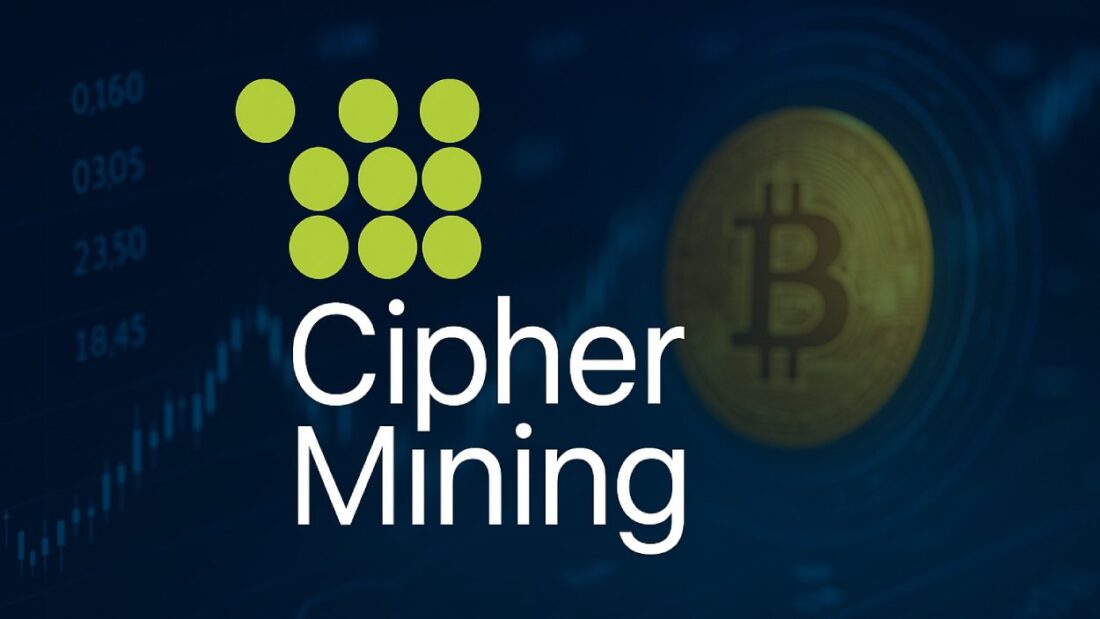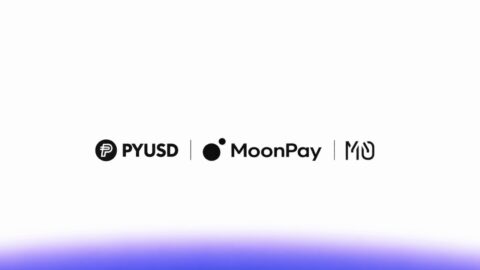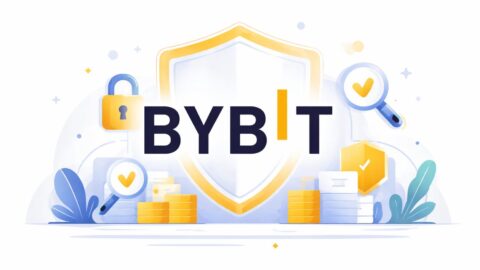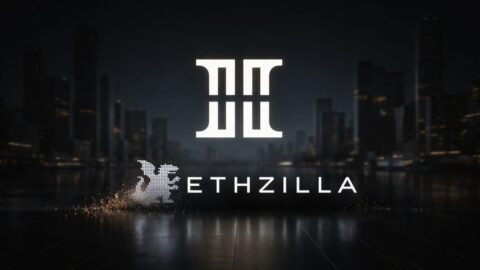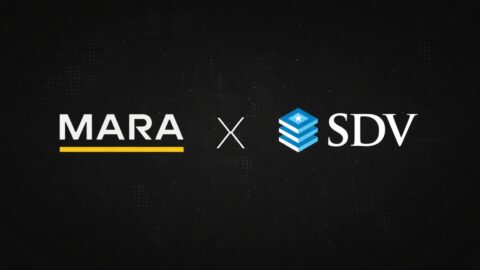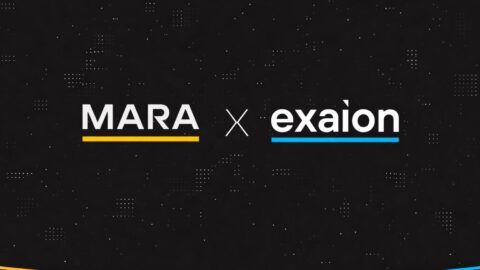Cipher Mining is raising $800 million to expand its data centers and supercharge its push into AI and Bitcoin infrastructure.
Key Takeaways
- Cipher Mining will raise $800 million via 0.00% convertible senior notes due 2031, with an option to increase to $920 million
- Proceeds will fund Barber Lake data center construction, HPC expansion across a 2.4 GW pipeline, and general operations
- The move supports a $3 billion AI hosting deal with Fluidstack, with Google backing $1.4 billion in lease obligations
- Capped call transactions are included to limit dilution risk for shareholders during conversion
What Happened?
Cipher Mining announced plans to raise $800 million through a private offering of convertible senior notes to finance large-scale expansions in data center capacity and high-performance computing (HPC) operations. The offering aligns with a $3 billion hosting deal with Fluidstack that could grow to $7 billion over time, with Google stepping in to support lease financing.
🚨 $CIFR Cipher Mining Announces Proposed Private Offering of $800 Million of 0.00% Convertible Senior Notes.
— mon (@moninvestor) September 25, 2025
Why not wait a day. 🤦♂️
Major Capital Raise to Fund Aggressive Expansion
The 0.00% convertible notes due 2031 are being sold to qualified institutional buyers under Rule 144A. These unsecured notes carry no interest or principal growth and can be converted into Cipher common stock, cash, or a mix of both, depending on conditions and shareholder approval. The maturity date is October 1, 2031, unless converted or redeemed earlier.
Cipher has also included capped call transactions in the offering. These are designed to hedge against potential shareholder dilution if the notes are converted, adding more flexibility in how conversions are handled.
The funds raised will be used to:
- Build out Cipher’s Barber Lake data center in Colorado City, Texas.
- Accelerate its HPC strategy.
- Advance development across a 2.4 gigawatt (GW) pipeline of future sites.
- Support general corporate initiatives and fund capped call transactions.
$3 Billion Deal With Fluidstack, Backed by Google
The capital raise is tightly tied to Cipher’s 10-year, $3 billion hosting agreement with Fluidstack, a company backed by Google. Under the deal, Cipher will deliver 168 megawatts (MW) of critical IT load capacity at its Barber Lake facility, with potential to scale up to 244 MW.
Google will backstop $1.4 billion in lease obligations, securing the financial backbone of the agreement. In return, Google will receive warrants equal to approximately 5.4% equity in Cipher.
Cipher also noted the deal could reach a total value of $7 billion if two additional five-year extensions are exercised, signaling strong long-term ambitions.
Industry Trends and Market Reactions
This move places Cipher at the intersection of two booming sectors: Bitcoin mining and AI infrastructure. By expanding energy-efficient, large-scale data centers, the company is betting that demand from both crypto and AI will continue to grow.
Cipher is one of several crypto firms now turning to structured debt markets for capital. While the zero-coupon nature of the notes offers no immediate yield, investors gain leveraged exposure to Cipher’s equity, particularly if Bitcoin prices and AI hosting demand continue upward.
Despite the bullish strategy, Cipher’s stock (CIFR) took a hit, dropping over 11% on the day of the announcement, though it briefly saw gains in premarket trading. Analyst sentiment remains mixed, with some calling the stock a “Buy” with a $13 price target, while others point to lingering profitability and cash flow concerns.
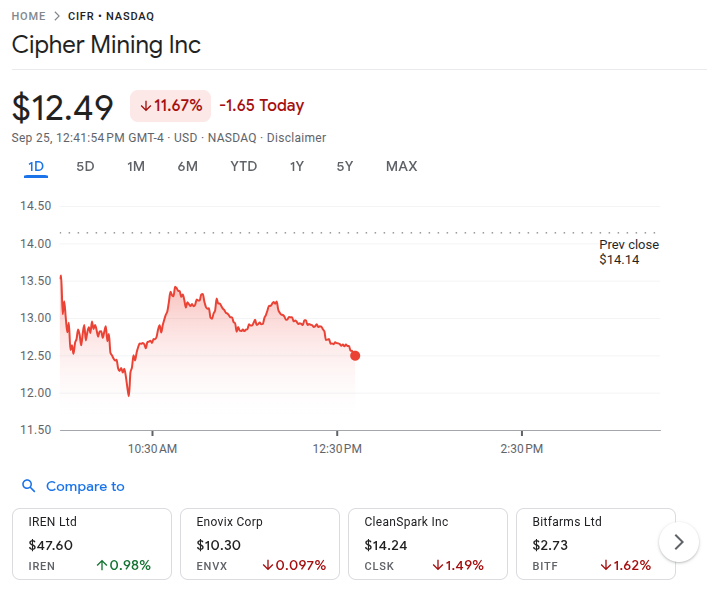
CoinLaw’s Takeaway
In my experience, raising money without diluting current shareholders too much is a tough balance, especially in volatile sectors like crypto and AI. Cipher seems to be threading that needle well with its zero-interest convertible notes and capped calls. The Google-backed Fluidstack deal gives this plan serious credibility. That kind of institutional support does not show up unless there’s real promise. I found the 2.4 GW pipeline particularly impressive. It tells me Cipher is not just building for today but for the next decade of digital infrastructure.

